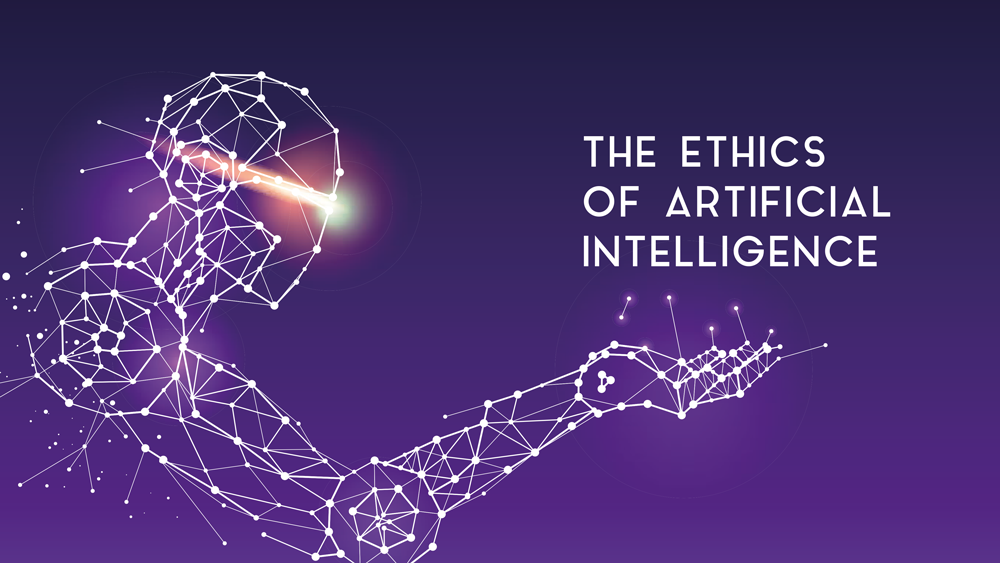The Ethical Implications of Advancing Artificial Intelligence

The ethical implications of advancing artificial intelligence are paramount in our rapidly evolving technological landscape. AI systems are increasingly interwoven with various aspects of our lives, impacting everything from healthcare to finance to transportation. This article explores the complex ethical dilemmas stemming from the development and deployment of artificial intelligence, examining the potential risks and benefits, and ultimately providing insights into how to approach the ethical challenges of this powerful technology.
Understanding the Foundations of Ethical AI
Defining Ethical AI
Artificial intelligence, in its essence, is a powerful tool. Its potential for good is immense, capable of revolutionizing industries and improving the lives of millions. However, with great power comes great responsibility. Ethical AI development requires a thorough understanding of the principles and values that guide human interactions and aim to minimize potential harm. To develop truly beneficial AI, we must recognize the imperative to design, implement, and utilize AI systems in ways that are ethical and align with fundamental human values.
Identifying Ethical Concerns
One of the key areas of concern surrounding the development of ethical AI systems involves bias. AI models are trained on massive datasets, and if these datasets reflect existing societal biases, the AI systems will likely perpetuate these biases, potentially leading to discriminatory outcomes. Another critical concern is transparency. Understanding how an AI system arrives at a particular decision is essential for ensuring its fairness and accountability. Moreover, safeguarding privacy, especially in the context of sensitive data, is paramount.
Mitigating Bias and Ensuring Fairness
The Impact of Biased Data
One critical component of ethical AI development revolves around the careful selection and curation of training data. AI algorithms learn from the data they are fed, and if this data is biased, the AI model will inevitably reflect those biases in its decision-making. For instance, if a facial recognition system is trained primarily on images of one demographic, its performance may be significantly less accurate or even discriminatory when applied to other demographics.
Techniques for Bias Mitigation
Researchers are actively exploring techniques to mitigate bias in AI systems. These include careful data preprocessing, algorithmic modifications, and the use of diverse and representative datasets. Regular audits and rigorous testing are also crucial for detecting and addressing potential biases in AI systems.
Related Post : How Biotech Is Pushing the Boundaries of Medicine and Healthcare
Fostering Transparency and Explainability
The Need for Explainability
Understanding how AI systems arrive at their decisions is vital for building trust and ensuring accountability. In many applications, such as healthcare or finance, the decisions made by AI systems can have significant consequences, requiring a clear understanding of their reasoning process. An opaque or black box approach to AI development can erode public trust and potentially lead to unforeseen problems.
Prioritizing Privacy and Security
Safeguarding Sensitive Data
As AI systems become more integrated into our daily lives, the collection and use of personal data become increasingly significant. The need to safeguard this data from unauthorized access and misuse is paramount. This includes developing robust security measures and implementing clear privacy policies, reflecting a commitment to data protection and user privacy.
Privacy Implications in Different Domains
The ethical challenges surrounding data privacy in AI applications extend across various domains. In healthcare, protecting patient data is paramount, while in finance, maintaining the security of financial transactions is critical. AI systems must be designed with robust safeguards to protect sensitive information and ensure compliance with relevant privacy regulations.
Ensuring Accountability and Responsibility
The Role of Human Oversight
Despite the potential of AI to automate complex tasks, human oversight remains crucial. In critical situations, human intervention should be available as a safety net to mitigate potential errors or biases. The development of robust mechanisms for oversight and accountability is essential to establish trust and confidence in AI systems.
Addressing the Role of AI in Governance
AI’s increasing involvement in decision-making processes also presents significant ethical implications. Establishing clear guidelines and regulations for responsible AI development and deployment is imperative to prevent unintended consequences and ensure fairness and equity. Consider the use of AI in criminal justice, where fairness and bias are paramount.
In conclusion, the ethical implications of advancing artificial intelligence are multifaceted and demand careful consideration. Balancing the potential benefits of AI with its inherent risks requires ongoing dialogue, robust regulations, and a commitment to responsible development. By fostering transparency, promoting ethical guidelines, and prioritizing human well-being, we can harness the transformative power of AI while mitigating its potential harm. We must continue to ask ourselves, how can we ensure AI is developed and deployed ethically to benefit all of humanity? This will require a collaborative effort encompassing researchers, policymakers, and the public at large. Learn more about the future of AI ethics by visiting our website and joining the conversation.
Share this content:














Post Comment